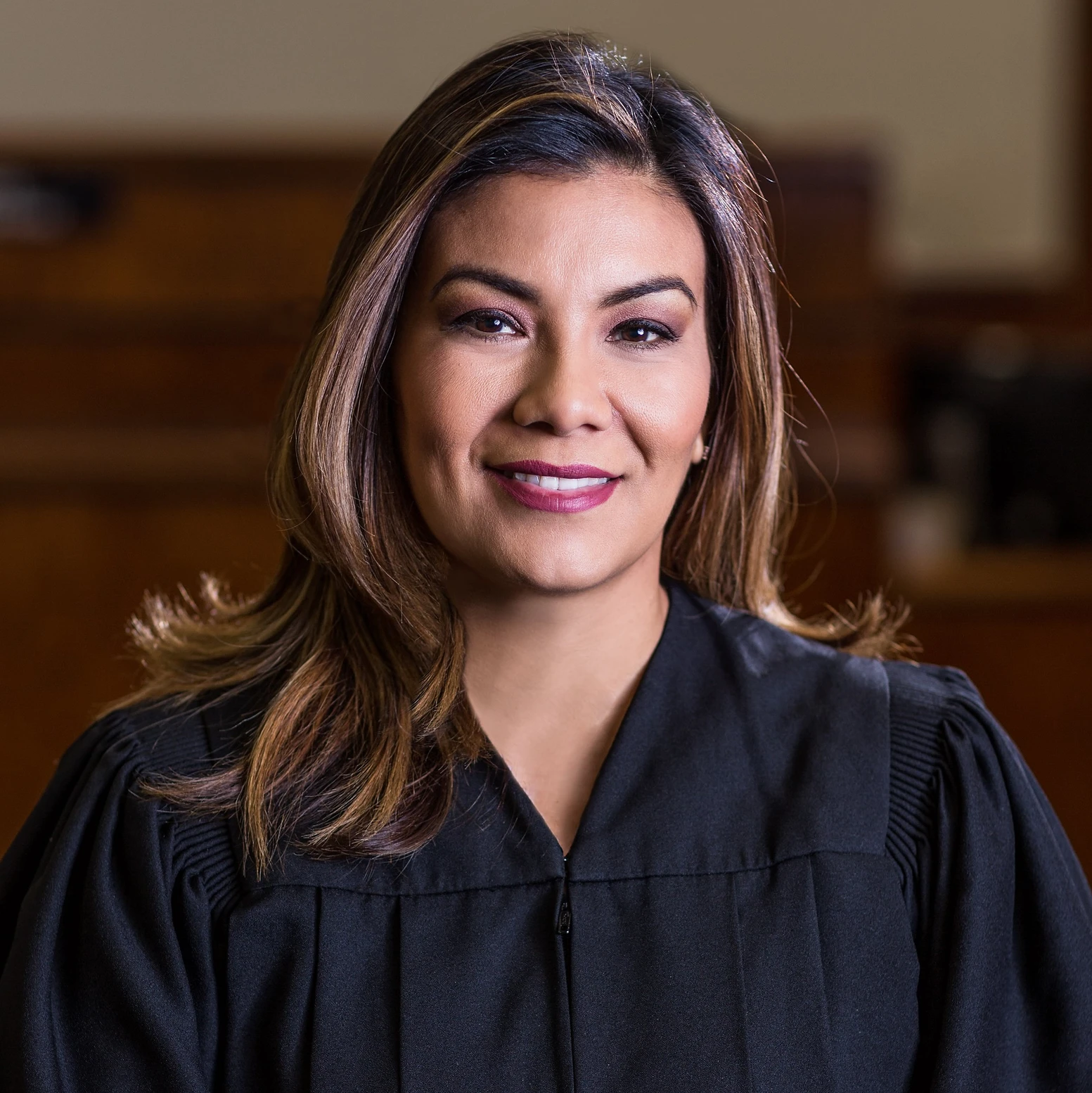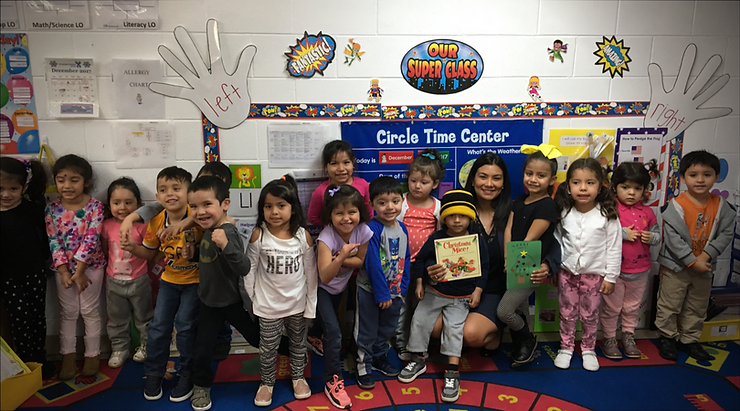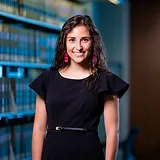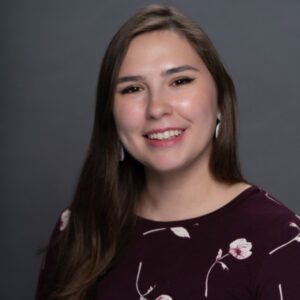
Sara Martinez, a first-generation American, currently serves as the Justice of the Peace, or JP, in Precinct 5-1, where she sits as one of ten JPs for Dallas County, Texas, a region stricken with poverty. As a Justice of the Peace, Martinez advocates for access to quality education and find that lack of access correlates to what we see in the courtroom with high eviction rates for those with limited job opportunities. She currently serves as one of only three women filling the ten-person bench, and yet she moves to create an impactful mark during her time in office, recognizing that women face systemic barriers preventing them from entering politics. Her campaign for office, beginning in 2013 against a favored candidate, also created major waves in Dallas political circles as she ran as one of few openly LGBT candidates, promising to be her most authentic self.
Though she now calls Dallas “home”, Martinez started from humble beginnings in the Rio Grande Valley area, her family relocated from Mexico. It was in El Barrio, or “border land”, where Martinez was exposed to politics at the malleable age of 7. During this time,President Ronald Reagan granted amnesty to undocumented individualscurrently living in the United States, giving her parents permanent residency status. At the time, she was unaware of what exactly a president does day-to-day, however, she said she knew the position represented a “person that the people had picked.”
Martinez began harnessing her political prowess while attendingPharr San Juan Alamo North High Schoolwhen she discovered that the fastest way to create change was to run for office. Martinez stated, “politics was the way to open the doors of access for people like me.” As a young woman who had experienced disadvantages in her life such as economic instability, creating a systemic change in her community was necessary for the well-being of those surrounding her.
Martinez eventually attendedlaw schoolat the University of South California, and became the first from her family to attend a higher education institution. Upon returning to Dallas, she began working as a criminal defense attorney, opening her network up to elected officials that also worked full-time as legal practitioners. It was then that she decided to run for elected office.
Martinez ran a partisan primary campaign for Dallas County Justice of the Peace, against a candidate favored by the party yet she still managed to win. Contrary to popular belief, Martinez did not have to attend years of courtroom hearings and party meetings to win the nomination. When asked about her electoral success, she claims “canvassing was a huge part of my campaign”; she began block-walking by herself and eventually built a team up to knock on the houses of constituents. Additionally, Martinez credits her success to the power of networking: her favorite campaign resource was an elected official network that she contacted for behind-the-scenes advice.
The greatest obstacle Martinez faced fell upon the decision of what information of her life should remain private and what should be public. A member of the LGBT community, Martinez was unsure if she should run as an openly gay candidate or keep that part of her life private from constituents. When asked about her final decision to run as an openly LGBT candidate, Martinez said: “I couldn’t ask for a vote if I couldn’t fully present who I was; it would be a disservice to myself and the voters.” As for the greatest obstacle facing female candidates in Texas, Martinez believes that finances tend to be the largest challenge. Martinez shared that raising money is a difficult task to begin with but more difficult for women and especially difficult for women of color. When a woman candidate asks for funds, they generally must ask more times than a male counterpart and will receive a lower amount per donation.
Martinez leaves this piece of advice for aspiring female candidates: be cognizant of the difficulties facing a campaign in order to utilize your resources in the most effective way. She says the best way to do this is to “be deliberate in selecting the seat that you want to run for and make sure it is a seat that is winnable.” Martinez mentioned that seats with the greatest margin to win will tend to be seats that have a history of tight races, allowing a candidate of either party, regardless of incumbency, to flip the seat in addition to finding a demographic that will produce favorable votes in the electoral jurisdiction.
Judge Sara Martinez is currently running for re-election, unopposed.





